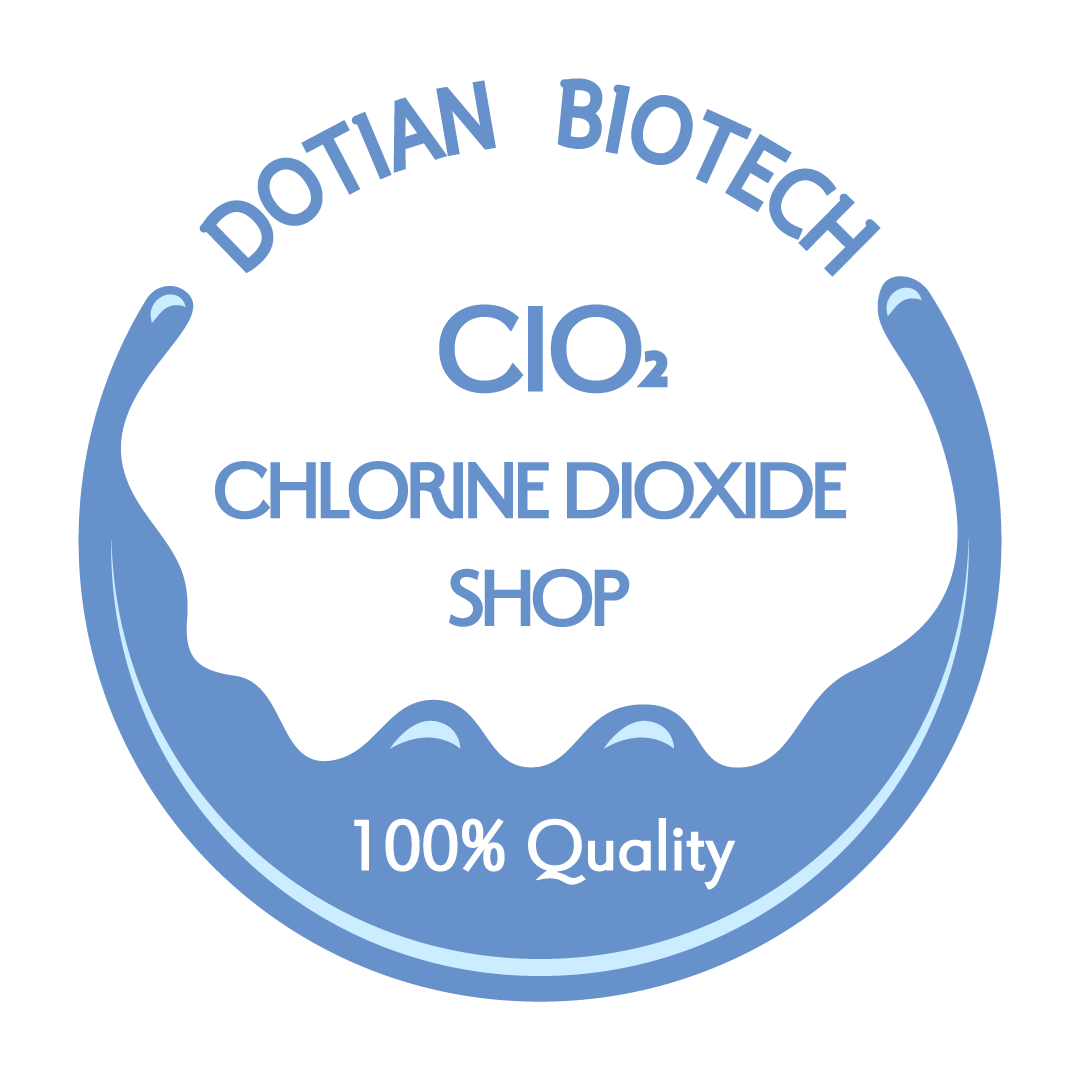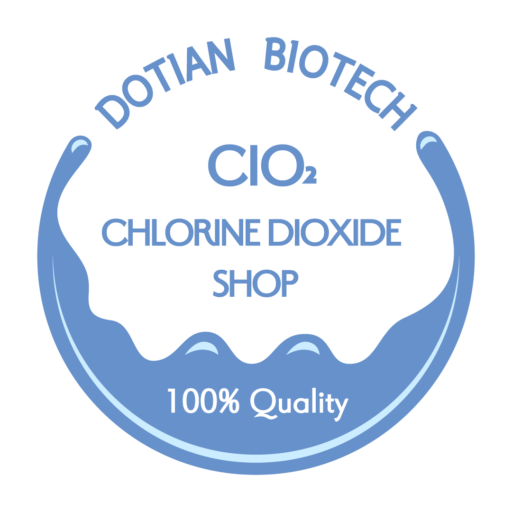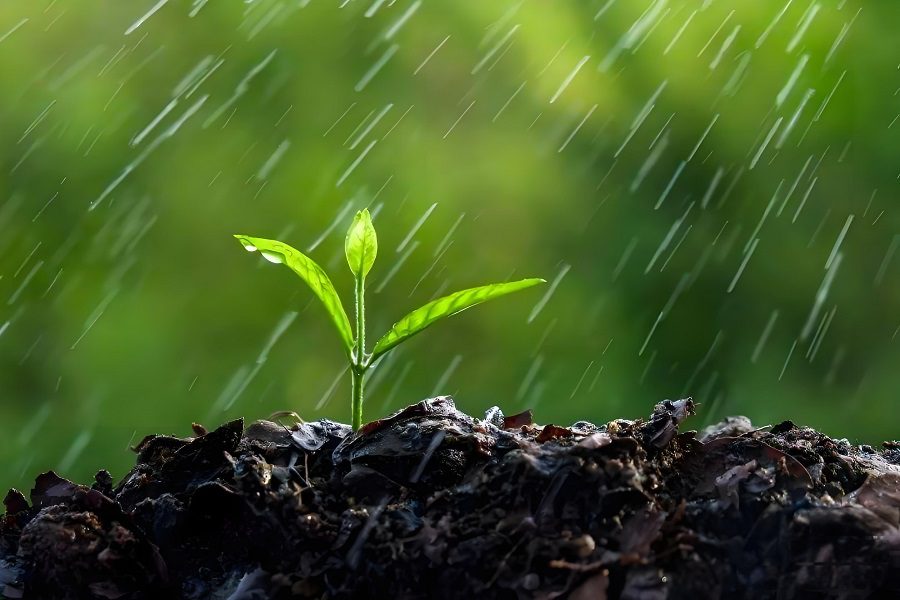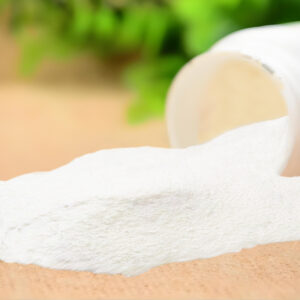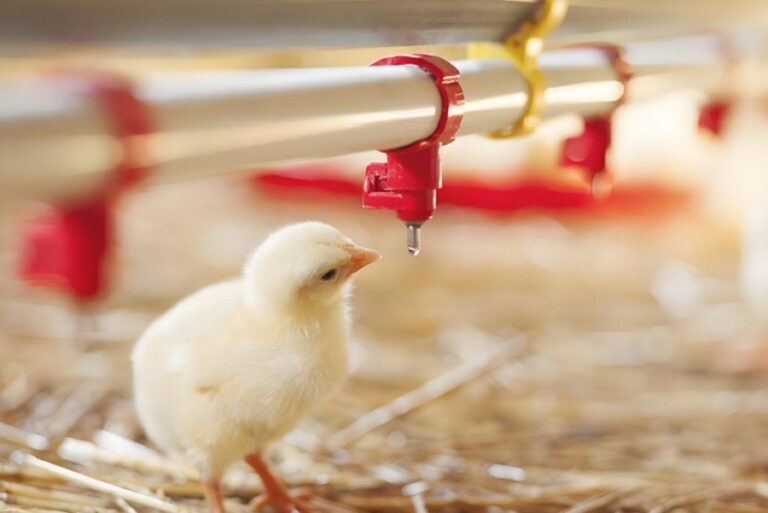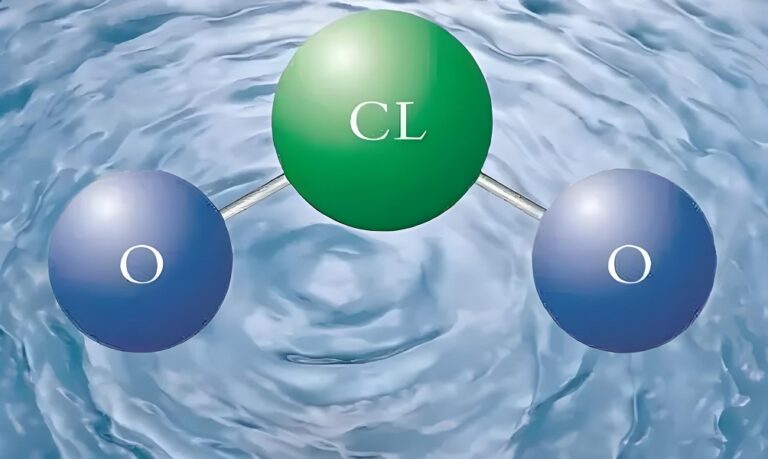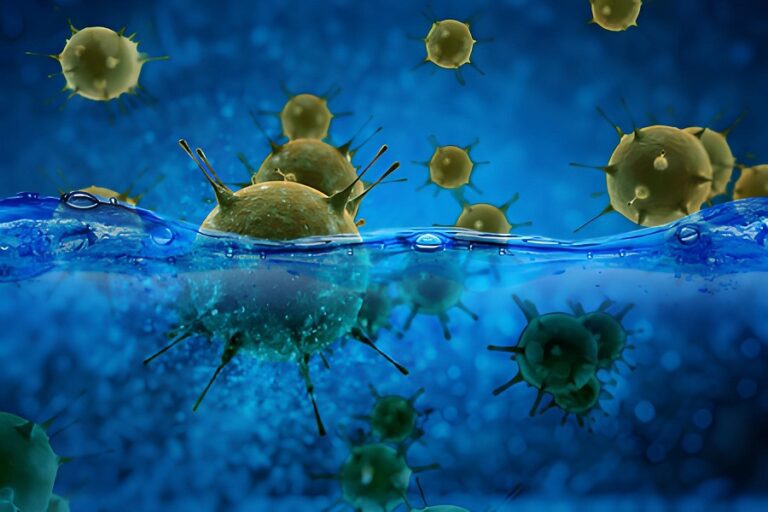Key words: Horticulture, Rainwater, Water Treatment
Sustainable water management in horticulture is critical for both plant health and environmental conservation. One increasingly popular practice is the use of rainwater, a renewable resource that helps reduce dependency on municipal or freshwater supplies. However, while rainwater is a valuable resource, it requires careful management to ensure that its use is both safe and efficient. This is where Chlorine Dioxide (ClO2) comes in as a game-changing solution for treating and maintaining rainwater quality, and DOTIAN® chlorine dioxide effervescent tablets and powder stand at the forefront as powerful chlorine dioxide generators.
The Challenges of Rainwater Storage in Horticulture
Collecting and storing rainwater may seem simple, but it introduces several significant challenges that can impact plant health if not addressed. Over time, stored rainwater can become contaminated with organic matter, bacteria, and even algae. Pathogens in untreated water can lead to diseases, while biofilm formation and algae growth can affect the efficiency of water delivery systems, clogging pipes and reducing the quality of irrigation.
These contaminants not only threaten the productivity of horticultural systems but also pose risks to plant disease resistance and nutrient uptake. As water is the primary medium through which nutrients are delivered, its quality directly affects plant health and yield.
Why Water Quality Matters in Horticulture
Water quality is one of the most critical elements in successful horticulture. Poor water quality can result in an increase in crop diseases, the proliferation of harmful microorganisms, and even reduced plant growth. The pathogens present in contaminated water can severely affect the delicate balance of plant care, spreading quickly through irrigation systems and leading to significant crop losses.
Ensuring the use of high-quality water is not just about maximizing growth; it’s about safeguarding the entire ecosystem of the garden or nursery. Plants are highly sensitive to the water they receive, and improper hydration can weaken their defense mechanisms, leaving them vulnerable to pests and diseases.
Chlorine Dioxide: The Optimal Solution for Rainwater Treatment
Chlorine Dioxide (ClO2) is widely recognized for its broad-spectrum disinfectant properties, making it a highly effective treatment for stored rainwater. Unlike conventional disinfectants, ClO2 is particularly effective in treating microbial contamination while avoiding issues such as biofilm buildup or toxic residues.
- Pathogen Control: ClO2 destroys bacteria, viruses, and fungi that may contaminate stored rainwater, helping to mitigate the risk of disease transmission.
- Algae and Biofilm Prevention: By preventing the formation of biofilms and controlling algae growth, ClO2 ensures that irrigation systems remain efficient, reducing maintenance costs associated with clogged pipes and tanks.
- Non-Phytotoxic: Unlike many chemical treatments that can damage plants, ClO2 is non-phytotoxic when used at appropriate concentrations. This means it does not interfere with plant metabolism, ensuring optimal growth conditions.
Studies have demonstrated the efficacy of chlorine dioxide in eliminating a wide variety of pathogens while maintaining water quality. According to a report from the American Society for Horticultural Science, ClO2 was found to be superior in controlling microbial contamination in water compared to other common disinfectants .
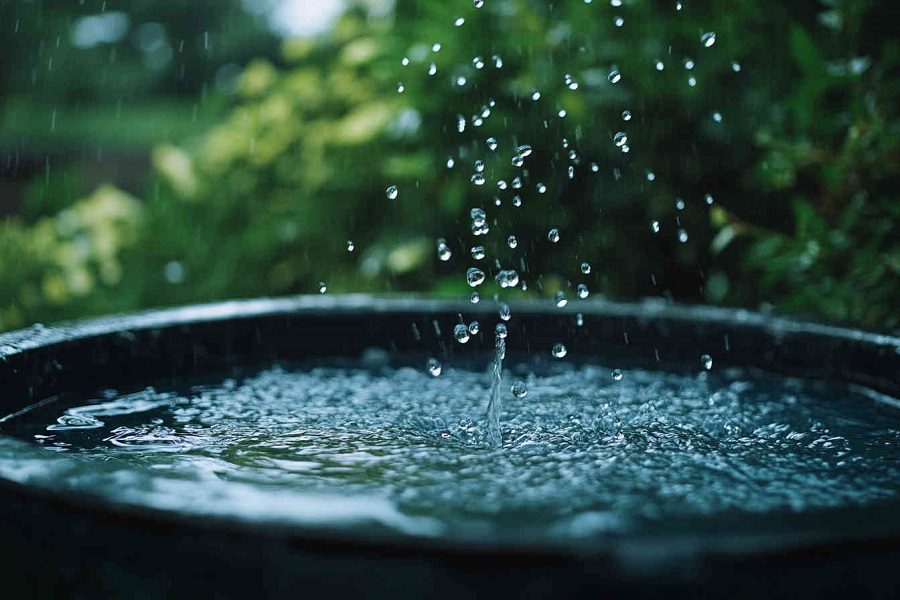
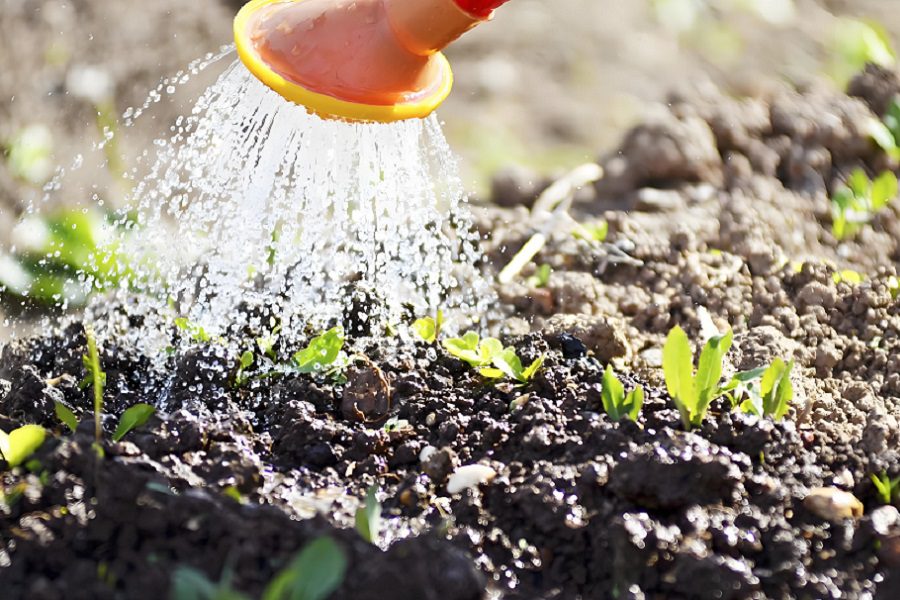
Application of ClO2 in Horticultural Rainwater Systems
Integrating chlorine dioxide generators into rainwater systems is both efficient and cost-effective. DOTIAN® chlorine dioxide effervescent tablets and powder are convenient options for horticulturists looking to incorporate ClO2 into their operations. These products are designed to dissolve quickly and generate a consistent supply of ClO2, ensuring ongoing protection against contamination.
The ease of use of chlorine dioxide generators makes them particularly suitable for smaller horticultural setups, such as greenhouses or nurseries, where precise control of water quality is essential. The flexibility of ClO2 treatment, combined with regular monitoring, helps maintain optimal rainwater quality over long storage periods, reducing the need for constant water replacement and thus promoting sustainability.
Environmental and Economic Benefits of Chlorine Dioxide
Beyond its immediate benefits for plant health, ClO2 also provides several long-term environmental and economic advantages. Chlorine dioxide is an environmentally friendly disinfectant that breaks down into harmless byproducts, minimizing its ecological impact. Additionally, it does not produce harmful chlorine-based compounds like trihalomethanes (THMs), which are common in chlorine-based treatments.
From an economic perspective, using ClO2-treated rainwater can reduce the reliance on freshwater sources, resulting in lower water bills. It also reduces the need for expensive chemical treatments or constant system maintenance, providing an efficient, low-cost solution for maintaining water quality.
The Role of DOTIAN® in Advancing Sustainable Horticulture
By choosing DOTIAN® chlorine dioxide generators, horticulturists can effectively address the critical issue of water quality management in a sustainable way. DOTIAN® chlorine dioxide effervescent tablets and powder provide an easy, reliable method for treating rainwater, ensuring that plants receive clean, high-quality hydration.
As water scarcity becomes a growing concern, sustainable water practices like rainwater harvesting, combined with innovative solutions like chlorine dioxide treatment, offer a clear path forward. By embracing these practices, horticulturists can safeguard their crops and contribute to more sustainable agriculture.
For more information on how DOTIAN® chlorine dioxide generators can transform your horticultural practice, contact us to learn more.
-
1g Chlorine Dioxide Tablet for Poultry Disinfection
-
Chlorine Dioxide Disinfection Tablets
-
Chlorine Dioxide Effervescent Powder Medicine Grade
-
Chlorine Dioxide For Food Processing
-
Chlorine Dioxide Powder Agriculture
-
Chlorine Dioxide Powder Food Grade
-
Chlorine Dioxide Powder for Aquaculture
-
Chlorine Dioxide Powder for Cooling Tower
-
Chlorine Dioxide Powder For Water Treatment
